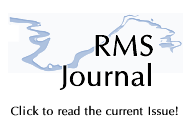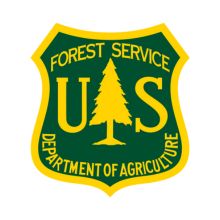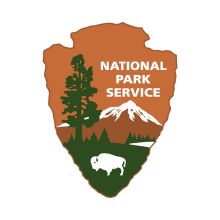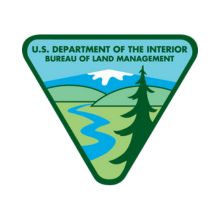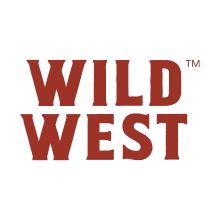- Home
- About
- Training & Events
- Resources
- For Members
Calendar
|
Trends in Relicensing: Evolution, Challenges, and Lessons Learned
Wednesday, April 03, 2024, 12:00 PM - 1:30 PM EDT
Category: Events
Trends in Relicensing: Evolution, Challenges, and Lessons Learned |
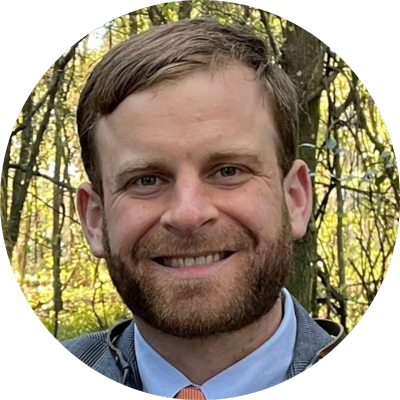 |
Mark Zakutansky is the Director of Conservation Policy Engagement with the Appalachian Mountain Club and leads the AMC's engagement in river conservation and hydropower. With a mission to foster the protection, enjoyment and understanding of the outdoors, AMC has been active in hydropower licensing in the Northeast since the 1980's and in hydropower policy, as a founding member of the Hydropower Reform Coalition and Low Impact Hydropower Institute, where AMC still plays a leadership role. AMC's engagement in specific hydropower projects over the years was instrumental in securing large-scale mitigation funding agreements, such as on the Connecticut River, and for securing new public access and flows for paddlers on rivers from the Kennebec River in Maine to the Deerfield River in Massachusetts to the Mongaup River in New York, and so many more in between. |
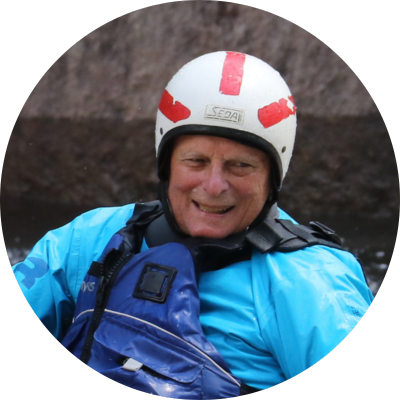 |
Peter Skinner: While catching polluters of the New York’s rivers as Chief Scientist, Environmental Bureau, for the New York State Attorney General's Office by day, Peter inaugurated the practice of representing the public’s interest in seeing rivers flow once again from behind hydropower dams at night and on weekends throughout the 1980s-90s. By learning how rivers are regulated, Pete’s capacity for analysis as a scientist and engineer and his optimistic enthusiasm for ‘what is right’ fueled an inspired cohort such that terms of licenses for hundreds of rivers on which a hydro power dam was built or planned were being reviewed by dozens of paddlers and anglers across the United States. All members of the public enjoy both creeks and spectacular canyons across the United States year-round according to calendars and predictably posted schedules, thanks to Pete and the doors he opened. The work continues today, creating year-round opportunities to enjoy what without him would be dry rivers for millions today, and hopefully for generations to come. |
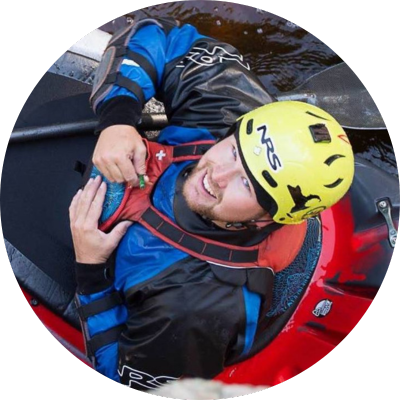 |
Alex Barham is an environmental scientist and safety professional with a decade of experience in regulatory compliance. Alex has become the organizer of numerous river festivals, created charitable fundraising projects, and been the local spearhead for American Whitewater and the Appalachian Mountain Club's dam relicensing projects in New York. Alex is also heavily involved in exploring new avenues to hold licensees accountable while protecting the interests of riverine systems and paddlers. |
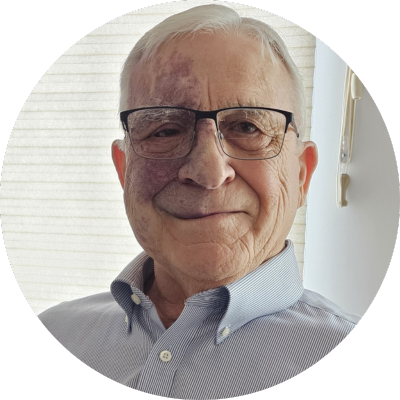 |
Thomas J. Christopher is one of the founding directors of New England FLOW, the first organized coalition of recreational boating groups in the northeastern United States. As its secretary, he directed communications to establish the organization with a high political profile with both state and federal agencies in New England. He is recognized for his role in helping to develop the Deerfield Settlement Agreement, a major environmental victory in New England. In addition, he sat on the Board of Directors of American Whitewater for fourteen years. 1n 1992 he participated in the organization of a national coalition of conservation and recreation groups to deal with hydropower relicensing and helped to develop the “Hydropower Reform Coalition in Washington, D. C. He has been a member on their steering committee for thirty years. He holds a M.A. in Environmental Science & Policy from Clark University, Worcester, MA and a B.A. in Agribusiness & the Environment with a Minor in Forestry from the University of Massachusetts, Amherst. |
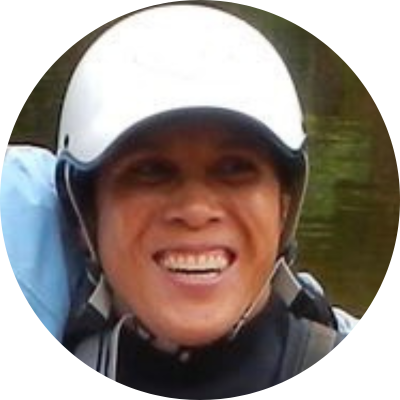 |
Theresa Lorejo-Simsiman brings over two decades of river advocacy experience to the position of California Stewardship Director for American Whitewater. Since starting whitewater kayaking in 1999, she has made it a point to get involved at the community level to advocate for river sheds and lands in her backyard. She cut her teeth in the world of hydropower by encouraging advocacy from local paddling groups for relicensing of the FERC Upper American River Project (UARP) owned and operated by the Sacramento Municipal Utility District (SMUD). She helped implement the first license-required recreational flow releases by SMUD on the South Fork American River below Slab Creek Dam and South Silver Creek below Ice House Reservoir. In 2022, Theresa stepped forward to Chair the California Hydropower Reform Coalition. |
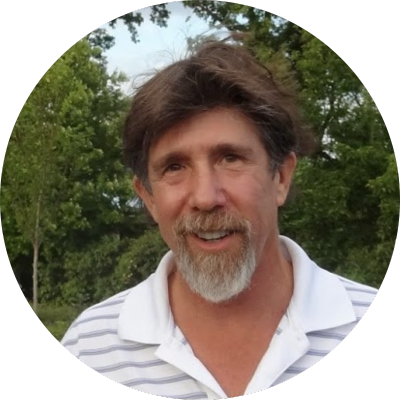 |
Kevin Mendik is an Environmental Protection Specialist with the Northeast Region of the National Park Service (NPS)where he has worked since 1990 in the area of hydropower, environmental compliance, and permitting. In his prior role as the Conservation Administrator for the Town of Lexington, Massachusetts, his primary responsibility involved compliance with the Massachusetts Wetlands Protection Act. He holds a Law Degree and a Master’s Degree from Vermont Law School and is a member of the Massachusetts Bar. |
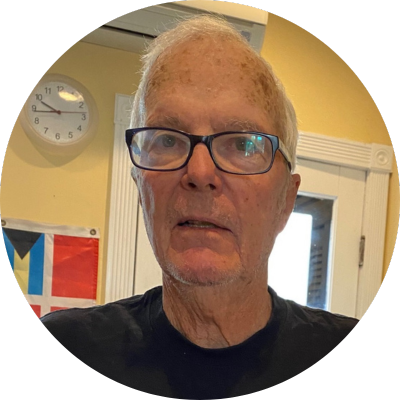 |
Pope Barrow is an energy/environmental law attorney for the House of Representatives Office of Legislative Counsel, and former Chief Legislative Counsel there. Former member of Board of Directors of American Whitewater. Former kayaker. Author of “Rivers at Risk,” a guide to hydropower licensing. Author of best selling memoir “I Should Have Been More Careful.” Experience in many failed attempts to keep Pete Skinner calm and peaceful. Coorganizer of all early Gauley Festivals as well as numerous other fundraisers for American Whitewater back in the day. Now retired from absolutely everything other than playing pickleball and racing sailboats. |
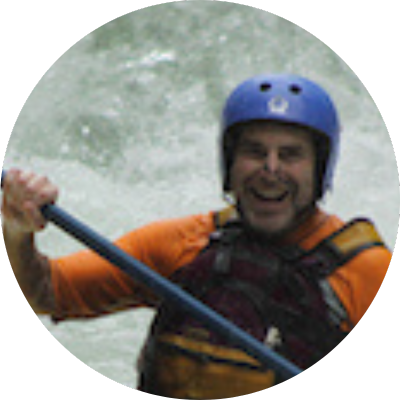 |
Bob Nasdor has been American Whitewater’s Northeast Stewardship Director based out of Massachusetts since 2012, an avid paddler of the rivers of the Northeast. He brings a wealth of experience to the position from his 20-year career as a public interest attorney, serving as the executive and legal director for programs aimed at improving policies and services benefitting low-income and homeless families. He has also held the position of Assistant Attorney General for the state of Massachusetts and has formed a private law practice, further growing his advocacy, legislative reform, legal, grassroots organizing, and outreach skills.
|
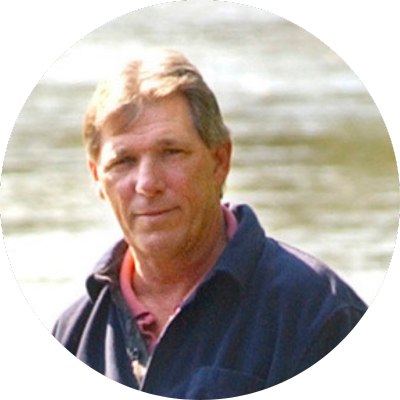 |
Bruce Carpenter: Educated in the State of New York University system with studies majoring in Environmental and political science. A grass roots organizer and lobbyist, Bruce was a member and active in New York States Open Space Plan, Northern Forest Alliance, Great Lakes Advisory Council, Clean Water Network and others. In hydro work he was the founding Executive Director of New York Rivers United and an original member of the National Hydro Power Reform Coalition. |
Registration
This series is free and open to all. Register for the whole series or just a few sessions at the link below.
Register
About the series "Hydropower Insights: Exploring Projects, Energy Markets, and Licensing Trends"
Building on the foundation laid by the Hydropower Licensing 101 Toolkit, this four-part series is designed to address the gaps in available resources for hydropower practitioners seeking an understanding of various aspects of hydropower projects and the licensing process. The series will dive into the basics of hydropower projects, hydropower’s role in the energy market, its role in providing ancillary services to the grid, and trends and changes in the licensing process over the last 30 years. By the end of this series, new and experienced practitioners alike will have acquired essential knowledge and practical insights, leaving participants poised to navigate the complexities of hydropower projects and the licensing process with confidence and expertise. Learn more about the series.
- March 13: Hydropower Projects 101
- March 20: Hydropower's Role in the Energy Market
- April 3: Trends in Relicensing: Evolution, Challenges, and Lessons Learned
- April 24: Hydropower's Role in the Energy Grid
Contact: [email protected]

 Prev Month
Prev Month View Month
View Month Search
Search Go to Month
Go to Month Next Month
Next Month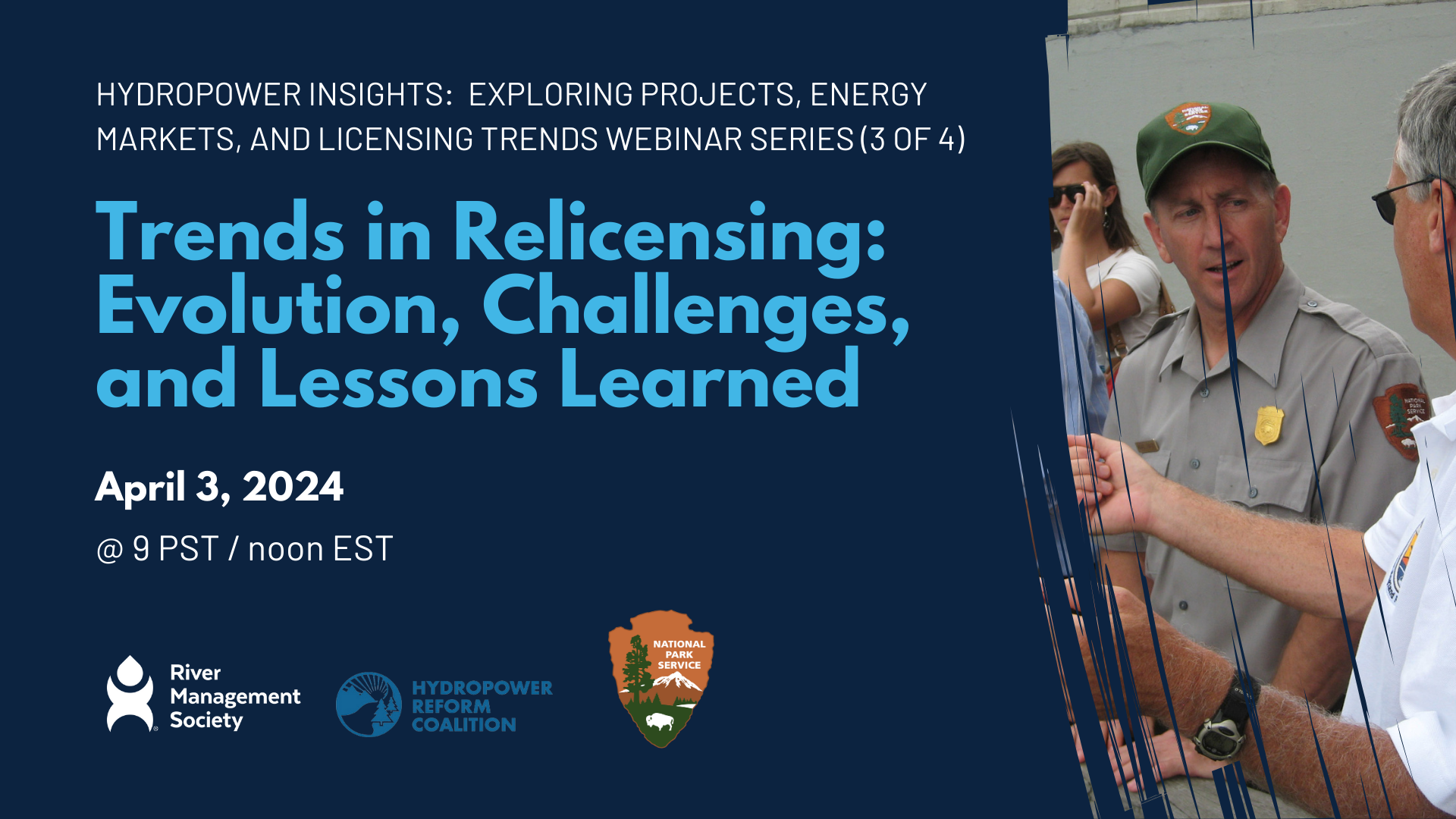
 Export Event
Export Event 